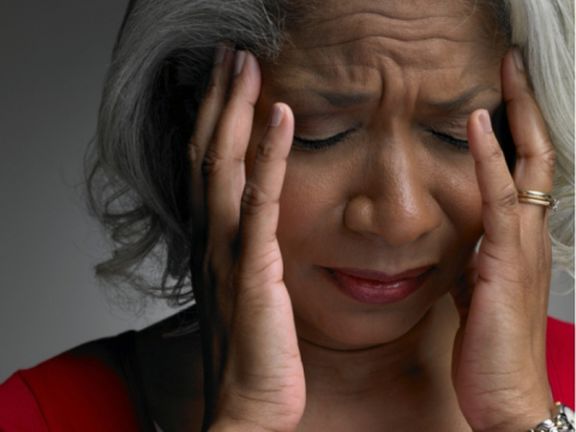Depression—aka The BEAST

According to the National Alliance on Mental Illness (NAMI) there are currently 16 million Americans who are living with Major Depression and had at least one major depressive episode in the past year.
This statistic matters because one of the hallmarks of depression is feeling alone and like no one else could possibly feel as bad or you do or even understand how bad you feel. The reality is, millions of people do feel just as bad as you do and you are not alone with this struggle but many times we don’t realize this.
What is more, we often suffer in silence and sadly, nearly 60% of adults with a mental illness did not receive any mental health services in the past year according to NAMI. What does all this untreated mental illness look like in everyday life? It very often shows up in our ability to function in our personal lives and in the workplace and depression is the leading cause of disability worldwide and makes up a large percentage of the $193 billion dollars that mental illness costs America each year in lost earnings.
While depression impacts both women and men, women and men experience depression at different rates and in different ways. The National Institute of Mental Health (NIMH) states that women are 70% more likely to experience depression in their lifetimes than men are. NIMH also reports that women are more likely to experience depression through feelings of sadness, worthlessness and excessive guilt, while men are more likely to experience depression through being tired, irritable, having sleep difficulty and losing interest in activities that used to bring pleasure. Men may also be more likely to use alcohol or drugs to self-medicate their feelings of depression.
It is a misperception that depression is simply a low mood or somehow the result of low effort on the part of the individuals who experience the symptoms. It is not very realistic to think individuals experiencing depression can just “get over it” or “snap out of it” if they just try harder. We wouldn’t offer that advice to someone experiencing a fractured bone, it typically doesn’t work for depression either.
Depression is considered to be a very comprehensive illness and researchers (Gilson, Freeman, Yates, Freeman, 2009) have identified the 5 major aspects of life that are affected by depression:
Biology—feelings of exhaustion, poor concentration, sleep pattern and appetite disruption.
Emotions—pervasive, unending feeling of sadness and hopelessness (not just a bad day).
Activity—activity requires much more effort and typically stalls or comes to a complete stop.
Situations (such as relationships and career)—depression doesn’t just hurt the one who is experiencing it, it hurts personal relationships, careers, school, and social connections.
Thoughts—particularly thoughts about ourselves, others and the future are negatively impacted and depression can make us think and believe that things will never get better—that the future is hopeless.
Taken together, these 5 aspects of depression explain the very comprehensive nature of this debilitating illness and if you take the first letter of each of the 5 aspects b-e-a-s-t you get the BEAST.
So how can the BEAST be treated?
Just as depression symptoms impact every major area of life, treatment for depression needs to be comprehensive and positively address all 5 areas of the BEAST.
Biology—this can be treated through medication, exercise, and TMS (Transcranial Magnetic Stimulation—a non-surgical FDA approved procedure for the treatment of major depression)
Emotions—Cognitive Behavioral Therapy has been tested again and again as a treatment and found to be effective.
Activity—this can be the hardest because when we are depressed we don’t feel like being active—but the good news is as we get relief from medication, therapy and TMS we begin to experience more energy and motivation.
Situations—as our biology, emotions and thoughts become healthier, our situations improve as well. We can also address specific situations in therapy.
Thoughts—here again, Cognitive Behavioral Therapy has been tested again and again as a treatment and found to be effective.
Depression is real, symptoms are difficult to manage alone and it can be very difficult to fight this BEAST alone. Once our symptoms do reach a level of clinical significance it can be very helpful to partner with caring, well trained professionals to help with medication, TMS, therapy, support and encouragement to help restore you to a level of functioning that you are happy with.
You don’t have to face the BEAST alone!
References
Gilson, M., Freeman, A., Yates, M. J., & Freeman, S. M., (2009) Overcoming depression a cognitive therapy approach (2nd ed.). New York: Oxford University Press.
www.nami.org
www.nimh.nih.gov


